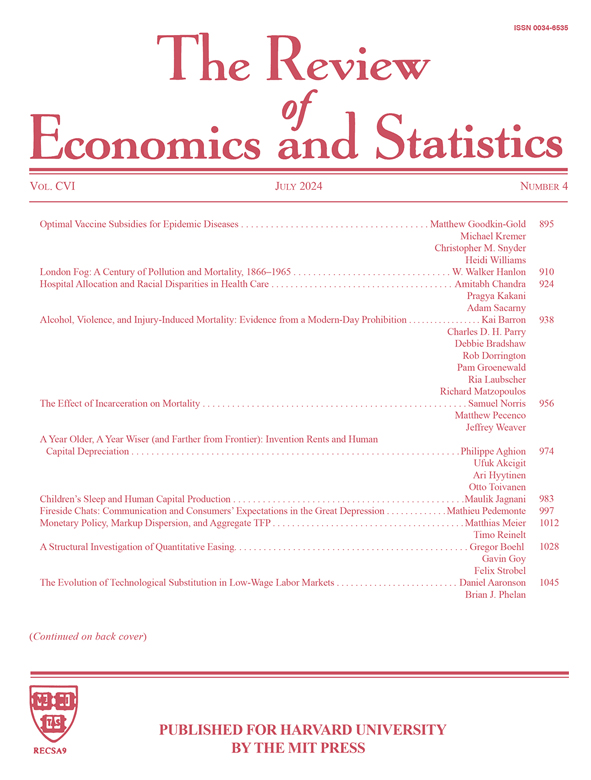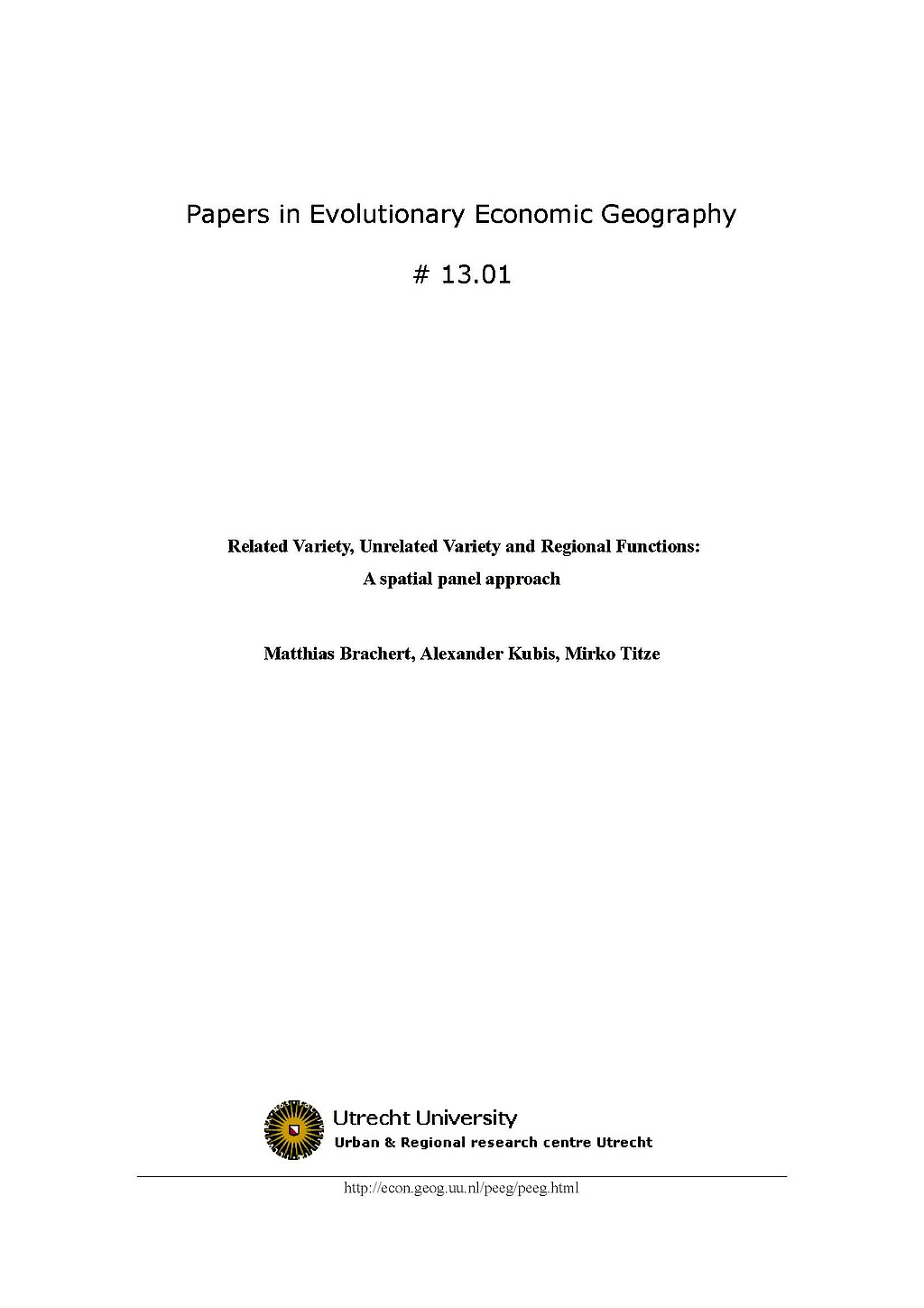Evaluierung von Subventionsprogrammen
Diese Forschungsgruppe untersucht die Effekte von Produktions- und Wissensnetzwerken auf die Produktivität von Unternehmen und Regionen. Darüber hinaus werden Wirkungen staatlicher Förderprogramme für Forschung und Entwicklung sowie regionalpolitischer Programme auf die Leistungsfähigkeit von Unternehmen und Regionen evaluiert.
Zentrum für evidenzbasierte Politikberatung (IWH-CEP)
Forschungscluster
Wirtschaftliche Dynamik und StabilitätIhr Kontakt

- Abteilung Zentrum für evidenzbasierte Politikberatung
PROJEKTE
09.2019 ‐ 09.2022
Etablierung einer evidenzbasierten Evaluationskultur für industriepolitische Fördermaßnahmen in Deutschland (EVA-KULT)
Europäischer Fonds für regionale Entwicklung (EFRE)
Das Vorhaben dient dem Ausbau des Zentrums für evidenzbasierte Politikberatung am Leibniz-Institut für Wirtschaftsforschung Halle (IWH-CEP).
01.2018 ‐ 12.2020
Vernetzt wachsen - Innovatives Sachsen-Anhalt durch digitale Geschäftsmodelle (Kompetenzzentrum 4.0)
Bundesministerium für Wirtschaft und Energie (BMWi)
01.2017 ‐ 12.2018
Politische Partizipation in Ostdeutschland
Bundesministerium für Wirtschaft und Energie (BMWi)
12.2015 ‐ 11.2018
Sozioökonomische Effekte der Erforschung innovativer Ansätze für die POC-Diagnostik
Bundesministerium für Bildung und Forschung (BMBF)
Teilvorhaben im Verbundprojekt “POC-Sensorplattform für chronisch-entzündliche Atemwegserkrankungen (EXASENS)”. Neun Leibniz-Institute arbeiten gemeinsam im Pilotprojekt EXASENS an der Erforschung einer Point-of-Care-Technologie zur Vorhersage und Diagnose von chronisch-entzündlichen Atemwegserkrankungen. Der Verbund wird vom Bundesministerium für Bildung und Forschung (BMBF) mit 6,25 Millionen Euro gefördert und liefert einen Beitrag zum Ausbau und zur Stärkung des Themenfeldes Gesundheitstechnologien.
Vgl. Pressemitteilung des Leibniz-Institut für Photonische Technologien (IPHT), Jena.
02.2017 ‐ 02.2018
Bedeutung außeruniversitärer Forschungseinrichtungen für die Entwicklung von Betrieben und Regionen
Bundesministerium für Bildung und Forschung (BMBF)
01.2015 ‐ 12.2016
Evaluierung der GRW-Förderung in Sachsen-Anhalt
Investitionsbank Sachsen-Anhalt
Referierte Publikationen

Professor Qualities and Student Achievement
in: Review of Economics and Statistics, Nr. 1, 2009
Abstract
This paper analyzes the importance of teacher quality at the college level. Instructors are matched to objective and subjective characteristics of teacher quality to estimate the impact of rank, salary, and perceived effectiveness on student performance and subject interest. Student and course fixed effects, time of day and week controls, and students' lack of knowledge about first-year instructors help minimize selection biases. Subjective teacher evaluations perform well in measuring instructor influences on students, while objective characteristics such as rank and salary do not. Overall, the importance of college instructor differences is small, but important outliers exist.
Arbeitspapiere

Related Variety, Unrelated Variety and Regional Functions: A spatial panel approach
in: Papers in Evolutionary Economic Geography, 2013
Abstract
The paper presents estimates for the impact of related variety, unrelated variety and the functions a region performs in the production process on regional employment growth in Germany. We argue that regions benefit from the existence of related activities that facilitate economic development. Thereby the sole reliance of the related and unrelated variety concept on standard industrial classifications (SIC) remains debatable. We offer estimations for establishing that conceptual progress can be made when the focus of analysis goes beyond solely considering industries. We develop an industry-function based approach of related and unrelated variety and test our hypothesis by the help of spatial panel approach. Our findings suggest that related variety as same as unrelated variety facilitate regional employment growth in Germany. However, the drivers behind these effects do differ. While the positive effect of related variety is driven by high degrees of relatedness in the regional “R&D” and “White-Collar”-functions, the effects of unrelated variety are spurred by “Blue Collar”-functions in this period.













